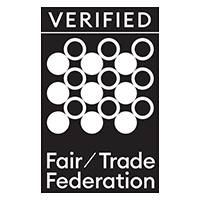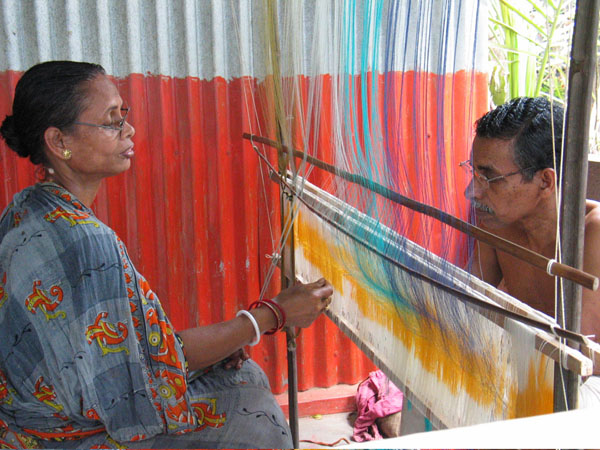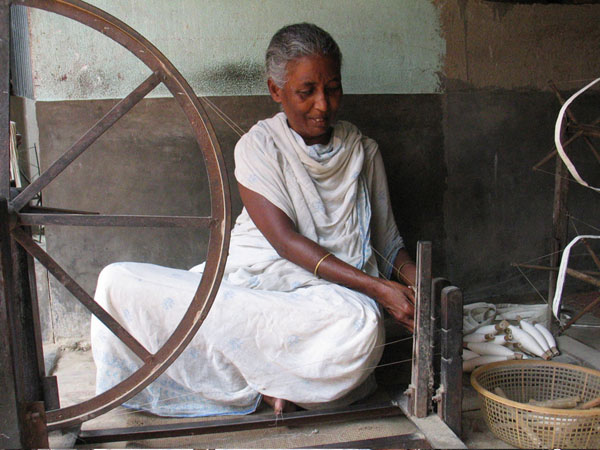How Choosing Fair Trade is Informed by Our Inner Movie Queue
When someone goes above and beyond for me I feel like recognizing it. I remember when I was still in my teens, stopping at a service station once with my friend Tom. We noticed one of our tires had a nail sticking out of it. The mechanic on duty took one look at it, stopped what he was doing and fixed the tire with the greatest of ease. I asked him how much I owed him, and he said, “How ‘bout five bucks?” I gave him the five and thanked him profusely. Back in the car, I told Tom about the exchange. He said, “Go back and give him a ten. Just do it.” I did just that and am glad I did. This all happened about 25 years ago. The lesson I learned when I was still a teenager was that it just feels good knowing I am rewarding someone who goes out of their way for me. It feels good inside paying what I would want to get paid.
My friend Tom was a little older and quite a bit wiser than me. In fact, I was a pretty troubled kid, and he was going out of his way to help me out here and there. The fact that this story has stuck with me just goes to show how little lessons we give people in need can really help them out in the long run. It also goes to show that this was an important lesson. The idea of paying someone what they deserve is powerful. We are constantly encountering opportunities to make choices that affect people, hopefully in positive ways. We learn that satisfying our personal wants and needs does not have to be an entirely selfish undertaking; in fact, we can grow deeper through a compassionate path.
Maybe little incidents like this have done more for my life than I might notice at first. I have been working with specific needs children since 1989. Maybe this incident with my friend Tom had something to do with learning to help people. Certainly my Christian upbringing and the fact that my parents and 8 siblings are deeply caring people also had a tremendous role. It is really the life lessons that give a lesson its truest power in our lives. We connect with the people who inspire us, gaining an entire deeply meaningful narrative which our memories allow us to replay like a little movie when we wish.
I find myself doing inner movie watching a lot. And these ethical narratives tend to find their way to the forefront, for which I am thankful to many who helped get these lessons across to me. My seven older siblings, one younger, parents and many close friends, coworkers (who are usually friends, and certainly all respected), have all done well to give me plenty of great material to view in my life. Such stories are simply part of our lives in such compelling ways, they wind up shaping our choices. These lessons have had a big role in my choice to become a special education teacher, and, more recently, adding the writing of these kinds of articles, targeting fair trade wholesale and retail spheres.
There are choices we can make every day that are informed by our memories. For example, when shopping we can choose between a very wide variety of fair trade clothing, produce, home décor, clothing, jewelry and the list goes on and on. Choosing more ethical alternatives tend to jive with our inner ethical motivators. Just think of all the lessons you have learned, search your inner ethical movie queue; then, hit play.
Sevya" means caring through service; caring for humanity and for the environment we live in. Sevya is dedicated to preserving the indigenous art forms of India by supporting the artisans who uphold these traditions.
All Sevya products are handcrafted, using the finest natural fibers and materials. The revenue earned through the sale of these handicrafts is used for need-based development programs throughout India, under the auspices of the All India Movement for Seva.
Jerry Rasch writes articles for Sevya as a full-hearted, but part-time passion.



